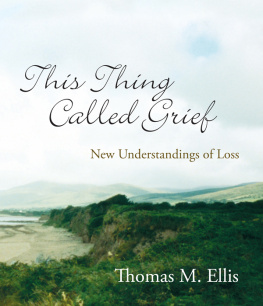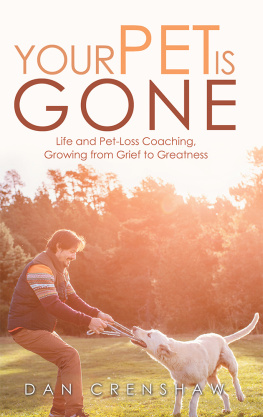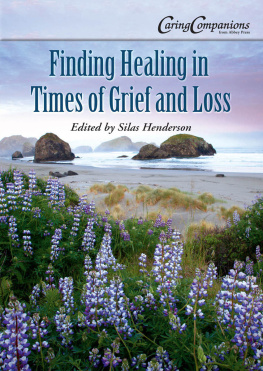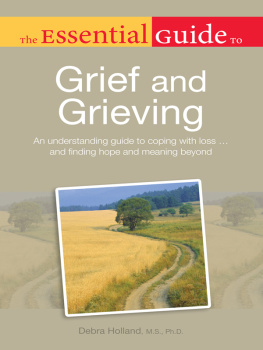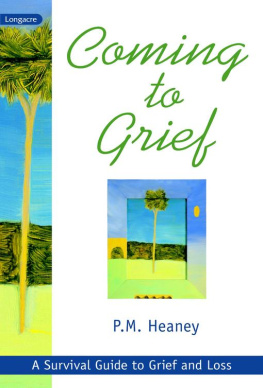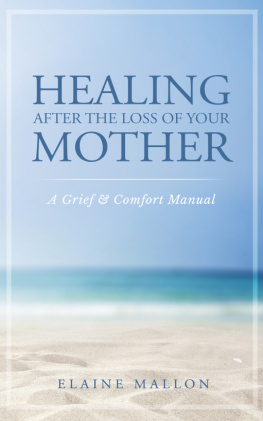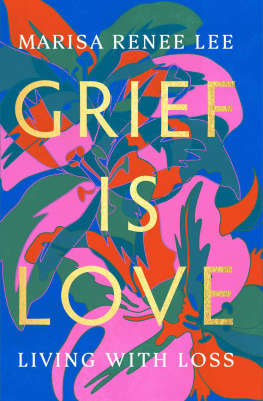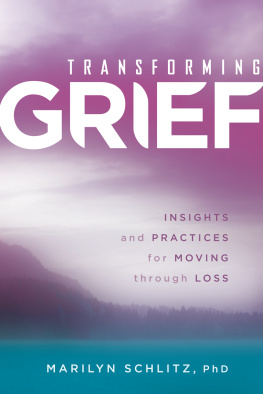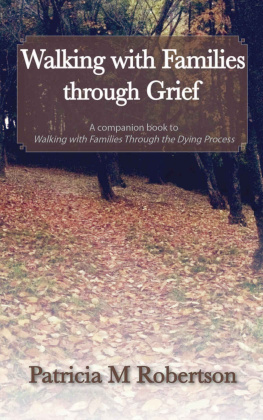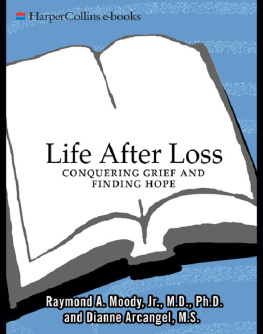This Thing Called Grief
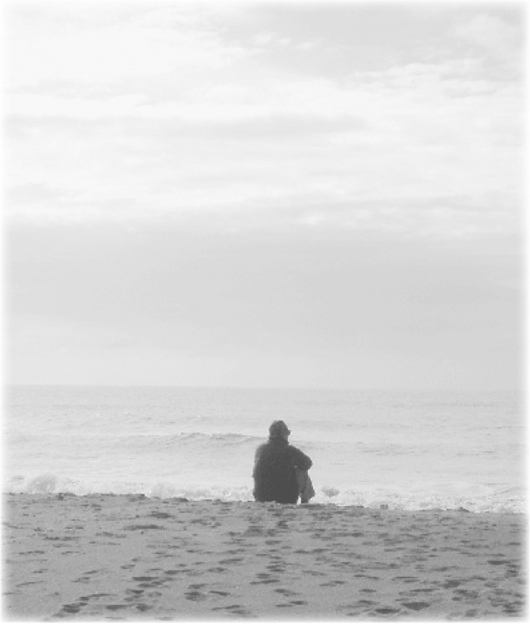
This Thing Called Grief
New Understandings of Loss
Thomas M. Ellis
S YREN B OOK C OMPANY
MINNEAPOLIS
Copyright 2006 by Thomas M. Ellis
Center for Grief, Loss & Transition
1133 Grand Avenue Saint Paul, MN 55105 & 651-641-0177
Most Syren Books are available at special quantity discounts for bulk purchases for sales pro-motions, premiums, fund-raising, and educational needs. For details, write
Syren Book Company, Special Sales Department
5120 Cedar Lake Road Minneapolis, MN 55416
All rights reserved. No part of this publication may be reproduced in any manner whatsoever without the prior written permission of the publisher.
Published by
Syren Book Company 5120 Cedar Lake Road Minneapolis, MN 55416
Printed in the United States of America on acid-free paper
ISBN-13: 978-0-929636-64-1 ISBN-10: 0-929636-64-3
Ebook ISBN: 978-0-929636-97-9
LCCN: 2006923497
Editing, design, & layout: E. B. Green Editorial, Saint Paul
Printing, binding: Syren Book Company, Minneapolis
To order additional copies of this book see the form
at the back of this book or go to www.itascabooks.com
Falling Apart, from Eloise Cole, Six Simple Weeks. Copyright 2001 by Eloise Cole. Used by
permission of the Centering Corporation, Omaha, Nebraska.
The Journey, from Mary Oliver, Dream Work. Copyright 1986 by Mary Oliver. Used by permission of Grove/Atlantic, Inc.
Illustrations: Cover and pages viii, 32, 50, and 63 by Thomas M. Ellis; frontispiece, dedication, and pages xii, 2, 16, 31, 40, 64, 72, 84, and 94 by Ellen B. Green. All rights reserved.
Contents
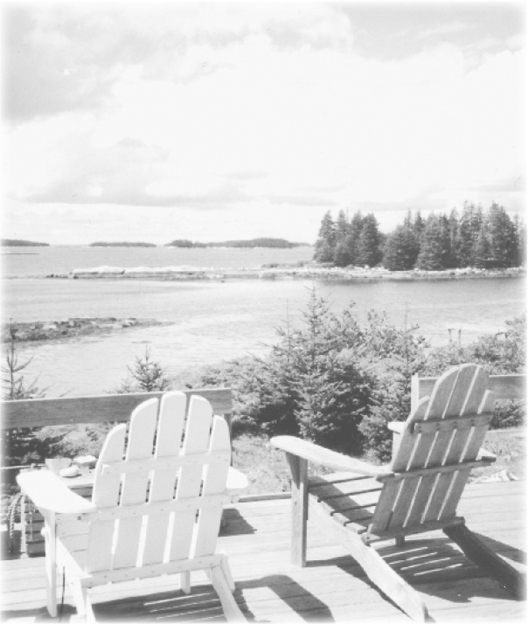
In memory of those who have gone before us
and who continue to touch our lives with their stories,
especially
Donald Ellis
Stacy Wise Egan
and
all the beloved of the families I have been privileged to serve.
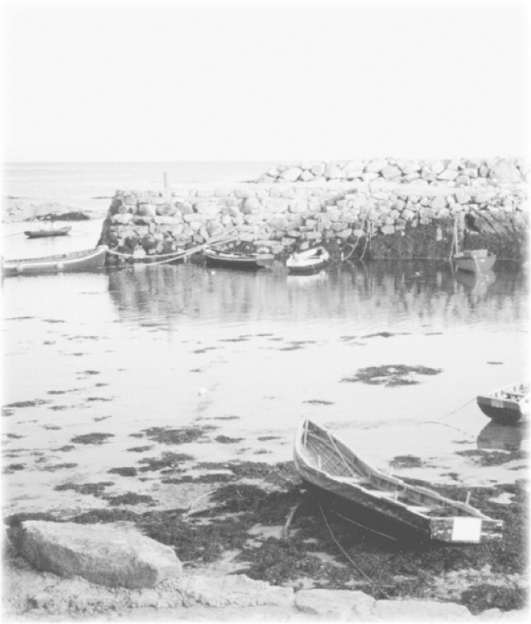
Preface
Tragedy and terror have become part of our American culture, and words like grief and trauma appear frequently in the media. Local television stations and newspapers have called upon me to help make sense of the realities of loss to the greater community. This book grows out of a demand to clarify and acknowledge what we experience following the death of someone we love.
I was born into a family that lived and worked in a small-town funeral homeyes, it was much like those depicted in the series Six Feet Under and the movie My Girl. Not uncommonly, Dad awakened us in the night as he was called to work or as he called on us for help at the scene of a death. I invariably knew the persons who died or some members of their families. Witnessing their pain was often tough for us, but it was what we did.
After one 3 a.m. death, I declared that I would never be a funeral director. I couldnt wait to grow up and move on. So, following a brief sojourn at school in another city, I decided to continue in the field of mortuary science and purchase the family business! My experience since then of being with others at times of death has been challenging and humbling.
My father suffered a brain tumor when I was in high school, which caused his total disability for the ten years preceding his death. My mother was the primary caregiver to this young man who could no longer talk or walk and who experienced periodic seizures. He became openly emotionalcrying through my entire wedding, upon the announcement of my wifes pregnancy, and at the news of my purchasing his business. He never lived to see our daughters born, but Sarah has his Irish eyes and Kathryn, his zest for life. He loved beautiful girls.
You get the idea. Grief has played an active role in my life, which is why I have felt called to be with people in pain. Becoming a marriage and family therapist and director of the Center for Grief, Loss & Transition has given me an incredible opportunity to walk beside individuals and families who are experiencing terrible loss. I have learned that we are all changed by grief, whether we express it or not.
I believe that healing transitions can result in renewed lives for those in grief. I hope to help readers make sense of something that initially makes no sense at all. And so I share these ideas for healing from those who have been in great pain. The following stories are real. Names are used with permission or altered with identifying circumstances to maintain client privacy.
I gratefully acknowledge the many people who have touched my life not only with their stories but also with who they are as individuals. Working alongside others who have experienced great loss and healing grief is a privilege. The telling and retelling of your narratives is in itself healing.
Thanks to my colleagues who have passed through the doors of the Center for Grief, especially Walter Bera, Gayle Sherman-Crandell, Joanne Detwiler, Sandra Koch, and Sarah Logan. Yours is the work of angels amidst despair.
A special thank-you to Mary Anderson, Bruce and Jean Johnson, and Trudy Lapic for making the Center for Grief, Loss & Transition a viable nonprofit venture.
Most important my daughters, Sarah and Kathryn, have shared both sorrow and joy through years interwoven with loss and grief. I am grateful for your understanding and compassionate hearts.
Thomas M. Ellis
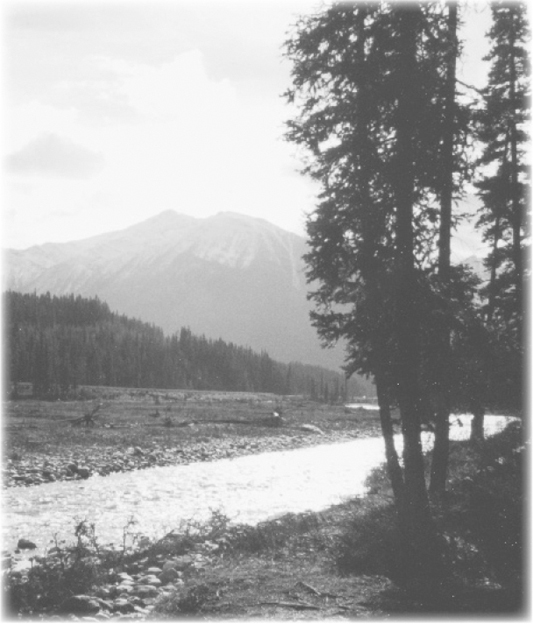
Introduction
Grief is a crazy-making, complicated process. It is part of lifes critical transitions, its times of loss. Losses include not only endingsdying and deathbut also beginnings, which start with grief and mourning.
Grief has been described as a roller coaster of emotions. You might experience it as an engulfing wave, an ever-changing sea of experience, a place with nothing to protect you. Writer C. S. Lewis experienced grief as fear itself. Whatever you feel today, you learn that it will probably be different tomorrow.
Grief is not about clear, predictable stages or steps. Rather, it is a natural process of dynamic changes that will ebb and flow as they may. You experience grief across every dimension of your beingbody, mind, and spirit. As author John Schneider says, Grief is a natural process of discovering what was lost, what is left, and what is possible.
Ken, a father who witnessed the death of his two children in his car, described his grief as walking through a tunnel in mud. Grief is relentless trudging, with unstable footing, in a dimly lit, strange place. Grief is a continuing personal process, a struggle to acknowledge the life-changing impact of loss. It affects the behavioral, cognitive, emotional, physical, and spiritual dimensions of the self.
Grief is depriving and painful in that it acknowledges that something has been taken away. You have lost someone and/or something. You are left with a painful void in your life. Grief is despairing, isolating, and overwhelming. Life suddenly changes, and its meaning is less clear than ever. Grief is disorganized and mischievous. It enjoys playing tricks on you and keeps you unbalanced.

